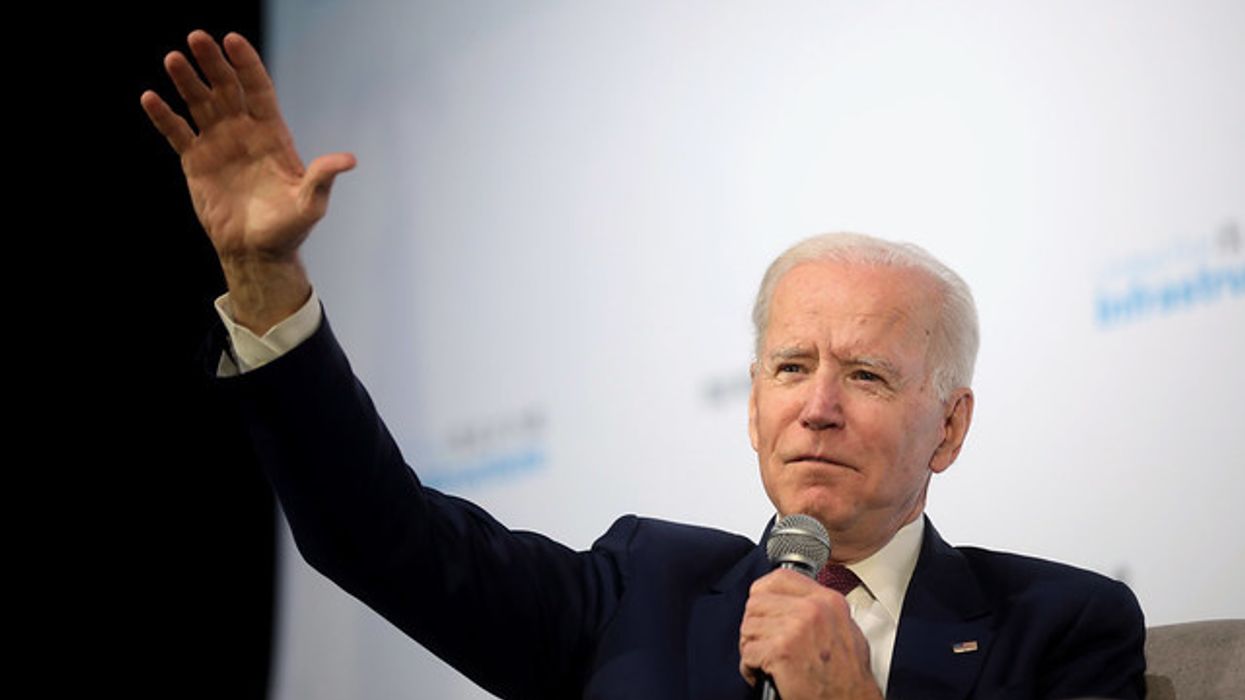Defeating Islamic State Leaves Big Bill Iraq’s Struggling To Pay

By Aziz Alwan and Zaid Sabah, Bloomberg News (TNS)
BAGHDAD — Ahmed al-Jabouri had hoped the worst was over after Iraqi forces drove Islamic State from his town near Baghdad. Instead, he returned six weeks ago to find bombed out homes, looted shops, and a growing list of grievances.
Only a few buildings in Dhuluiya survived heavy fighting unscathed, the shopkeeper said after he became one of thousands of Iraqis to pick up the pieces of their lives in areas liberated from militant control. “The power is out, the school is destroyed and our mobile phones don’t work,” al-Jabouri said. “The government is doing nothing for us.”
The anger building in Sunni communities is the next challenge for Prime Minister Haider al-Abadi’s Shiite-dominated government as the cost of battling militants bites into revenues already hit by an oil price slump. The $430 million it has pledged for reconstruction is a fraction of what officials says is needed, raising the risk that sectarian discord will again boil over in pacified parts of OPEC’s second-biggest producer.
The government has “a moral and legal obligation to Iraqis to rebuild their cities, provide local services, and secure their areas,” Saad al-Hadithi, a government spokesman, said in an interview.
Authorities, however, need to find “billions of dollars for the reconstruction work and to compensate families,” he said. “This won’t happen in one or two months, it will take a few years.”
Iraq’s fiscal deficit has widened to $25 billion, almost a quarter of its 2015 budget, according to Finance Minister Hoshyar Zebari. While oil exports rose in March to a three-decade high, a plunge in the price of crude over the last year has contributed to the spending gap.
The scenes in Dhuluiya in Salahuddin province are repeated across the shifting frontlines of central and northern Iraq. Aid groups say about a million Iraqis have been displaced since Islamic State seized swaths of the country last year after the Iraqi military collapsed. The militant group drew support from Sunni communities during its lightning advance.
Iraqi government forces and their Shiite militia allies — some backed by neighbor Iran — have regrouped and regained some territory with the help of U.S.-led airstrikes. The Pentagon said in April that the area under Islamic State control had shrunk by nearly a third from its peak.
“Abadi faces a dilemma. He must respond to Sunni needs in newly liberated areas. At the same he needs to create a bigger geographical distance from these areas to the front line,” said Reidar Visser, an Iraq historian. “Large numbers of Iraqis hate Islamic State and would be prepared to work with the government if more support is forthcoming.”
Another Dhuluiya resident, 56-year-old Sheikh Moulod Awad al-Jabouri, said central and local government officials were nowhere to be seen. The Jabouri clan is a prominent Sunni tribe.
“Neither of the town’s bridges has been fixed yet,” he said, leaving a fleet of rickety boats to connect the town to the main road on the opposite bank of the Tigris river. Al-Jabouri said locals were pooling their remaining resources to rebuild homes that were the most badly damaged in the fighting. “Each month, we are able to collect about $20,000 to rebuild a house, one by one,” he said.
As areas are freed and before thoughts turn to reconstruction, towns and cities have to be scoured for unexploded ordnance and booby-trapped houses.
“We need an engineering effort to clear the buildings and that will take a lot of time,” said al-Hadithi, the government spokesman in Baghdad.
Yet patience among the mostly Sunni returnees is limited. Many say they are wary of trusting a government that they feel has neglected them since the 2003 U.S.-led invasion saw the country’s mostly Sunni regime under Saddam Hussein replaced by a Shiite-led one.
In Dhuluiya, the town’s main street is lined with gutted shops and bomb craters. Shiite militias patrol the neighborhood and regularly search homes, say residents including Ahmed al-Jabouri.
“It still feels like the town is in a state of emergency,” he said.
The government says it has to monitor returnees.
Tikrit, freed last month from Islamic State rule, remains sealed off over concerns that militants will sneak back in, Khalid al-Khazraji, a provincial council member, said by phone.
Pockets of resistance remain in the city, he added. Many of Tikrit’s residents are living in camps outside Baghdad or staying with family members in the city. Al-Khazraji said they would be allowed to return once the government had finished compiling a database of residents and screening them.
The continuing violence in towns like Tikrit weeks after their capture was announced is affecting the government’s ability to raise reconstruction funds, according to Jabbar al-Abadi, a member of parliament’s finance committee.
“We are seeking more funds but donor countries are hesitating to give money to the government until areas are 100 percent secured,” he said. The government is seeking $860 million but has received no donor money yet, he said.
The International Monetary Fund and the World Bank have also been approached about a possible loan to pay for infrastructure in reclaimed areas, the prime minister’s economic adviser Mudher Saleh said by phone.
The IMF said it is working with the Ministry of Finance and the Central Bank of Iraq to reach an agreement, according to an emailed statement.
The U.S. spent about $60 billion on rebuilding Iraq between 2003 and 2012, according to the office of the Special Inspector General for Iraq Reconstruction.
Those who are able to return home aren’t receiving the help they need, according to Adnan al-Tamimi, city council chairman of al-Miqdadiya, another recently liberated city.
“The services in the city are not meeting the demands of the citizens,” he said. “The people are suffering as a result of the government and it’s stoking resentment.”
Photo: Omar Chatriwala via Flickr


